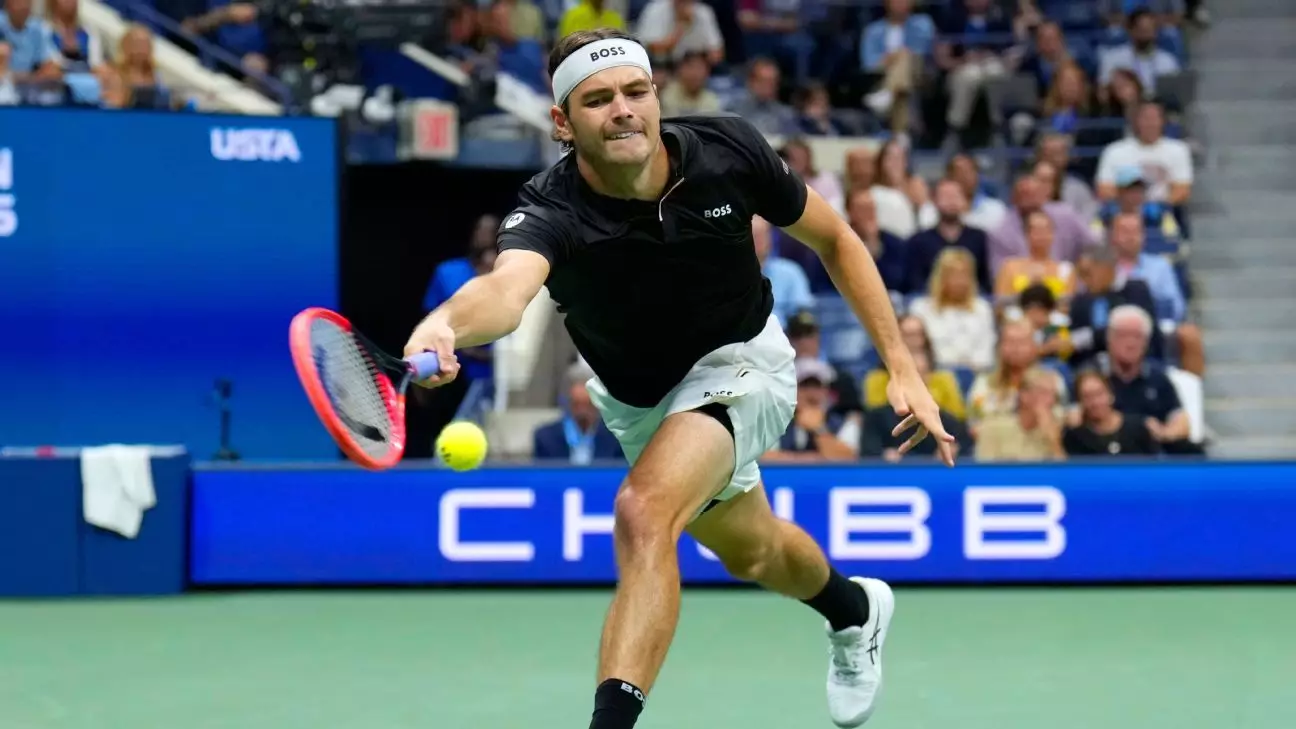In a groundbreaking move set to take effect on January 1, 2025, the International Tennis Federation (ITF) has decided to permit off-court coaching during matches. This decision has stirred significant debate among players and tennis enthusiasts alike. While the ITF argues that this change aims to enhance the overall fairness and entertainment value of the sport, prominent players, including World No. 6 Taylor Fritz, have vocalized their concerns over potential negative impacts on the game’s intrinsic one-on-one nature.
Concerns from Professional Players
Taylor Fritz, a notable figure in contemporary tennis, has publicly criticized the ruling. He expressed his worries that this new aspect of the game may undermine the critical strategic and mental facets that have long defined tennis. In a passionate plea shared on social media, Fritz stated: “Can we stop ruining the 1v1 mental/strategic aspect of the sport PLEASE.” His sentiments reflect a larger concern within the professional community about the traditional values that the sport embodies. The essence of tennis has often been that of individual competition, demanding both physical prowess and mental resilience, and changes to this dynamic could alter not only gameplay but also the spectator experience.
Despite the criticism, ITF officials, including senior executive director Stuart Miller, maintain that the consultation process was thorough. According to Miller, the decision followed extensive discussions with key stakeholders, including players, coaches, and umpires. He argued that feedback indicated a favorable reception to off-court coaching, suggesting that it could make tournaments more engaging and beneficial for player development. Coaches, in particular, have endorsed the change, believing it enhances their role and assists in developing players’ skills in real-time situations. This perspective raises questions about the evolving dynamic between players and coaches and the future of coaching in professional sports.
The decision to introduce off-court coaching invites a broader dialogue about the identity of tennis. For many fans and players alike, the beauty of tennis lies in its individualism; watching a player battle through the highs and lows of a match without any input is a unique spectator experience. This evolution of the rules could prompt a shift toward a more team-oriented approach, mimicking team sports where coaching plays a pivotal role. Critics argue that this could blur the lines of individual achievement in a sport that has traditionally celebrated personal effort and triumph.
As the tennis community grapples with this paradigm shift, the implications of off-court coaching will surely spark debate leading up to its implementation. While the ITF believes this change could modernize tennis for a new audience and enhance the competitive atmosphere, significant resistance remains from those who cherish the sport’s historical elements. The challenge will be finding a balance that honors the individualistic spirit of tennis while incorporating innovations that appeal to evolving fan expectations. The debate is far from over, and as 2025 approaches, all eyes will be on how this rule change unfolds and the lasting impacts it may have on the sport.

